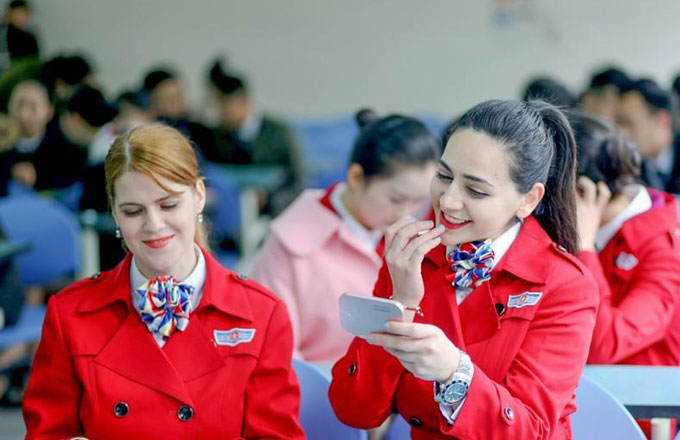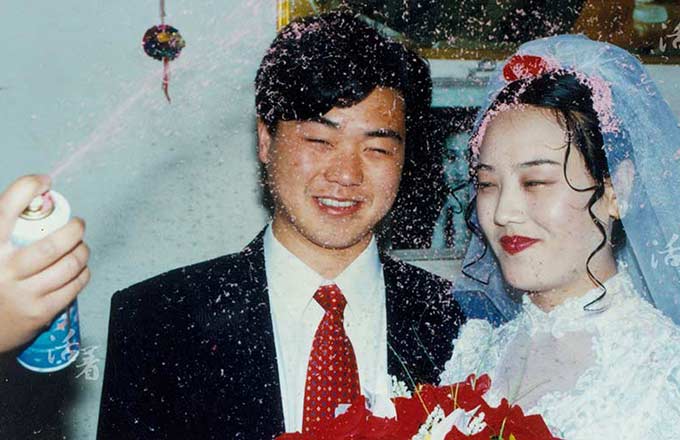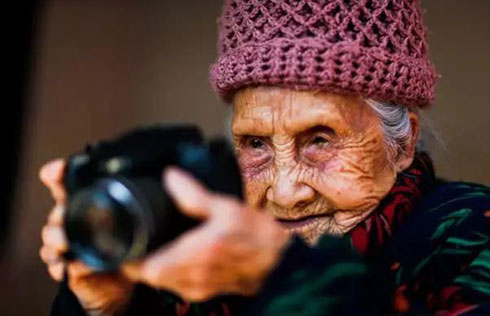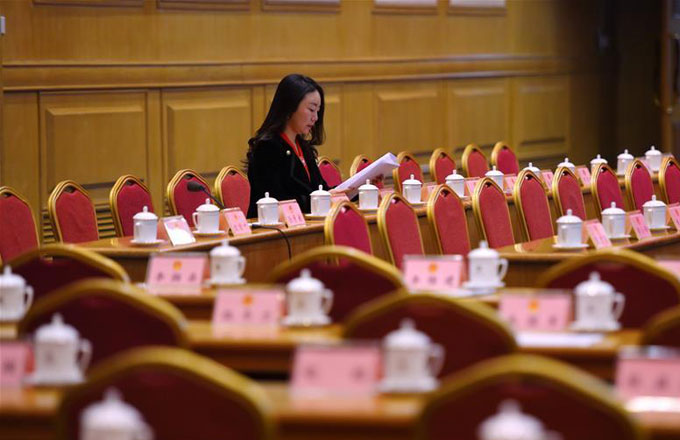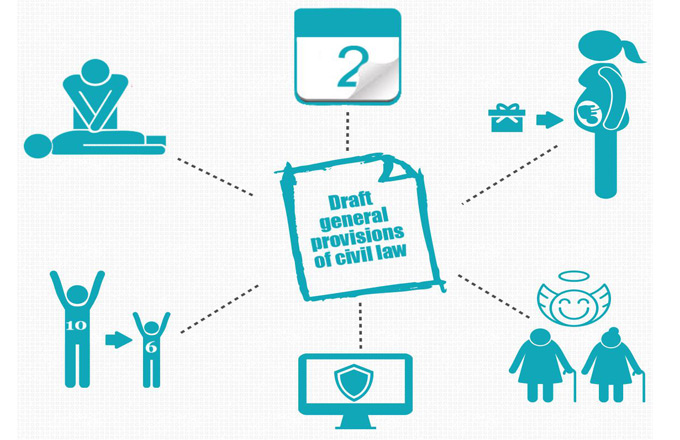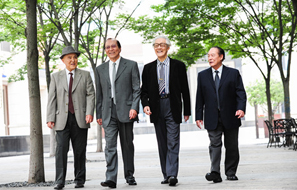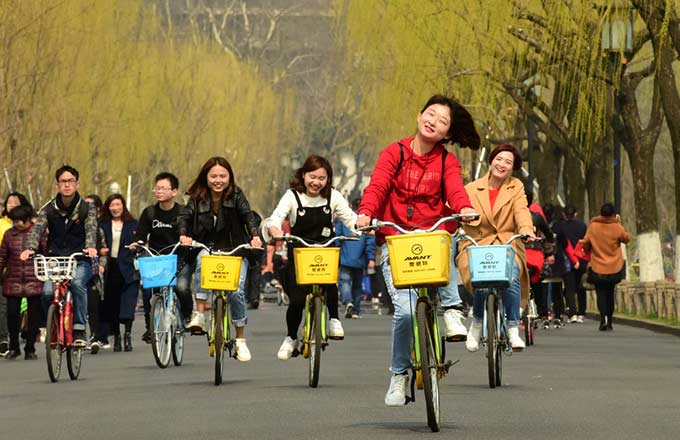No shot in the arm for expectant mothers
Although carriers of "panda blood" - as rhesus negative blood is known in China - enjoy the same lifestyles as other people, danger is always present, especially for women who have just given birth.
"If a carrier of rhesus negative blood has a postpartum hemorrhage, it's hard for hospitals to find this rare resource to help them," said Dan Yang, head of the department of science popularization at the China RH Union.
According to Dan, the union advises expectant mothers to provide their own donations of 400 cubic centimeters of blood. "Although 400 cc is far from adequate for a postpartum hemorrhage, it will buy the hospital time to find more blood," she said.
However, the standard test to determine whether pregnant women have "panda blood" isn't conducted in every hospital in China, and that poses a potential threat to unborn children.
When a rhesus negative mother is carrying a rhesus positive fetus, the baby's blood may stimulate the mother to produce an antibody that can attack the baby's red blood cells. In severe cases, that can result in miscarriages and stillbirths.
One way to inhibit production of the antibody is an injection of immunoglobulin when the mother is 28-weeks pregnant. However, the injection isn't available on the Chinese mainland.
Chen Jie, who has rhesus negative blood, gave birth to a girl two years ago. While she was pregnant, she bought the 2,000 yuan ($290) injection through a friend in Hong Kong.
The friend brought the medicine to Shanghai, but Chen was unable to find a hospital that would administer the injection. "On the deadline date for the shot, I gave myself the injection in the buttocks. I had already had one a miscarriage, and I wanted to be a mother," the 36-year-old said.
Dan said expectant mothers in big cities are lucky: "In some remote regions the level of antibodies in mothers' blood is not tested regularly, and it's hard for women in impoverished areas to find a way to buy the medicine from overseas."
On Feb 14, 54 doses of the injection were confiscated from a passenger from Hong Kong at Luohu Port in Shenzhen, Guangdong province.
"An injection people can buy in almost every drugstore in Hong Kong is not available through the official channels on the mainland, where the population is so large. This seems ridiculous," Chen said.




